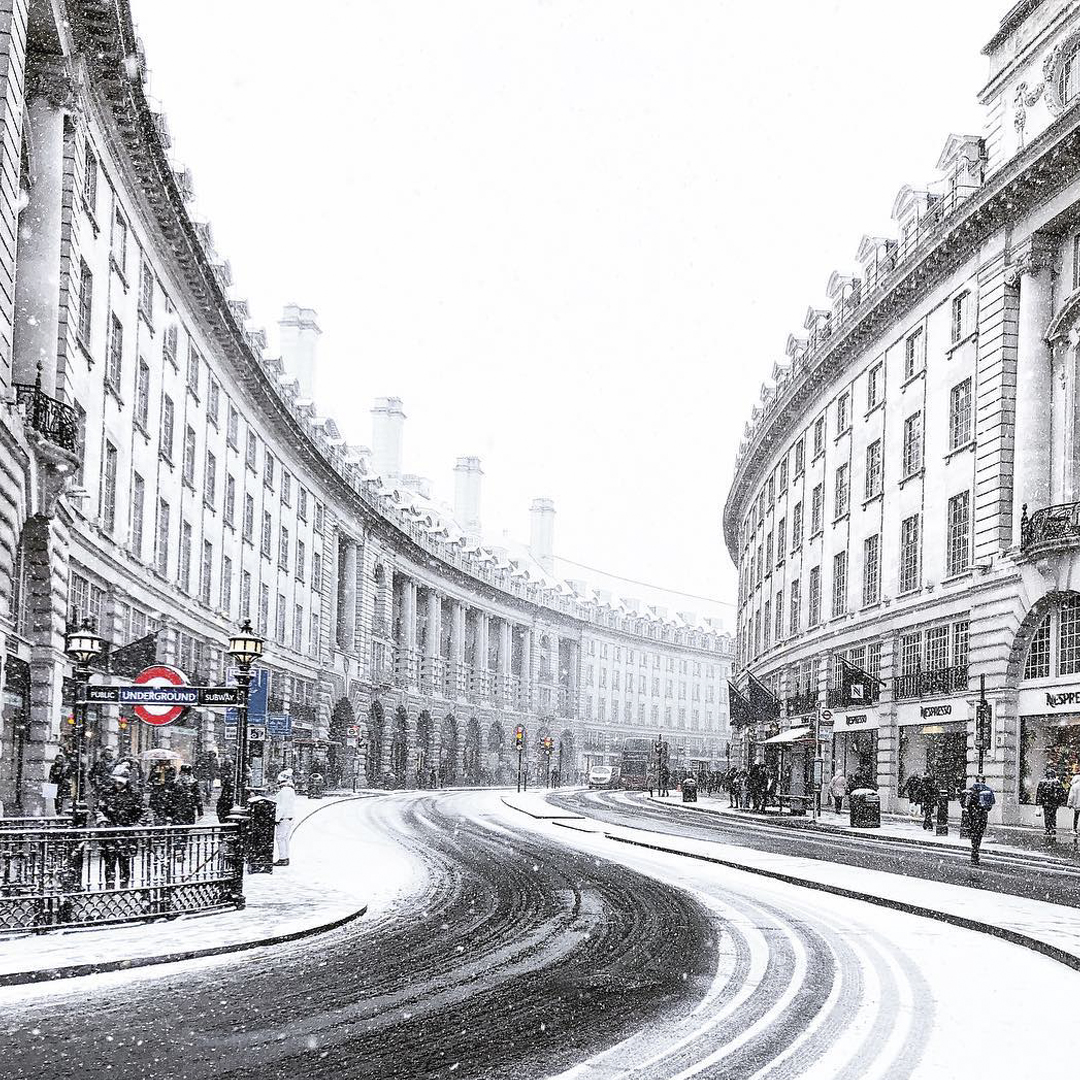Inconvenienced by it or not, last week’s snowstorm across the UK was every British person’s dream. The snow was a solid topic for small talk whilst waiting around for seminars to start, and it provided an extra excuse to miss any classes that weren’t affected by the strikes. It was really quite dramatic, with schools closing across the country and red weather warnings advising people to stay indoors until further notice. Economists naturally responded with equally dramatic predictions.



Last week’s Observer paraded the headline that the treacherous snowy conditions had been costing the UK economy £1 billion per day. As the beast from the east brought motorway driving to a standstill, delivery services for online goods were put on hold. Whilst the likes of Missguided and Asos promised customers that their items were being dispatched, many such packages must have been blown away in the storm as these retailers are still dealing with a backlog of deliveries from the week. Restaurants and shopping centres were also affected by the storm, as customers chose to stay indoors and spend their money on heating instead. Not least, though, was the impact on the construction industry. All work was deemed unsafe, which economists estimated cost £2bn in total over the three most vicious days.

Looking at the broader picture, the prediction that GDP growth could fall by up to 0.2% in the first quarter of the year is a significant blow, halving the estimated 0.4%. The head economic adviser of forecasting group EY ITEM Club, Howard Archer, said things were only set to worsen “if the severe weather persists”.
What exactly he was realistically expecting to persist, however, is quite unclear. In our average climate, the likelihood of the snow lasting for anything longer than a week is slim. Indeed, give or take the snow shower on Wednesday morning, the snow has melted and schools and shops are back open as usual. The services that make up 80% of our economy will be quick to reignite, as beauty appointments can be rearranged and celebratory outings rescheduled. What’s more, there are certain consumer behaviours which extreme weather conditions catalyse. For example, supermarkets often see a spike in customers buying perishable goods which they fear they’ll run out of if they can’t make it to the shops. There is also the public sector cost to consider: councils have to fork out money to grit the roads in weather emergencies, and it’s difficult for them to stagger these costs as it’s difficult to predict where the ice will form.
All in all, whilst the beast from the east’s invasion brought the UK population to its knees, it was really only just a blip across the annual seasonal calendar. The economic impacts are likely to balance out in due course.
Grace Ennis
Image: [DeMilked]

